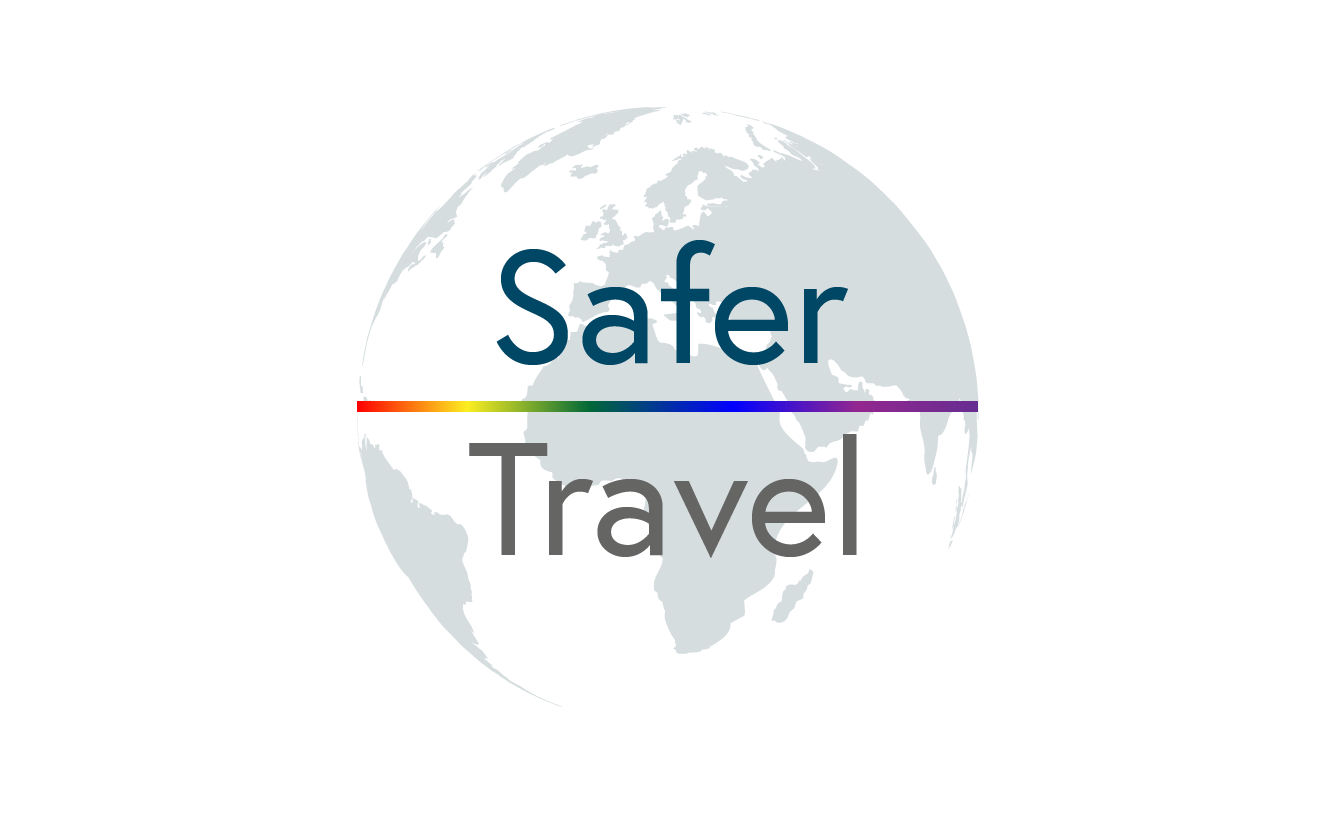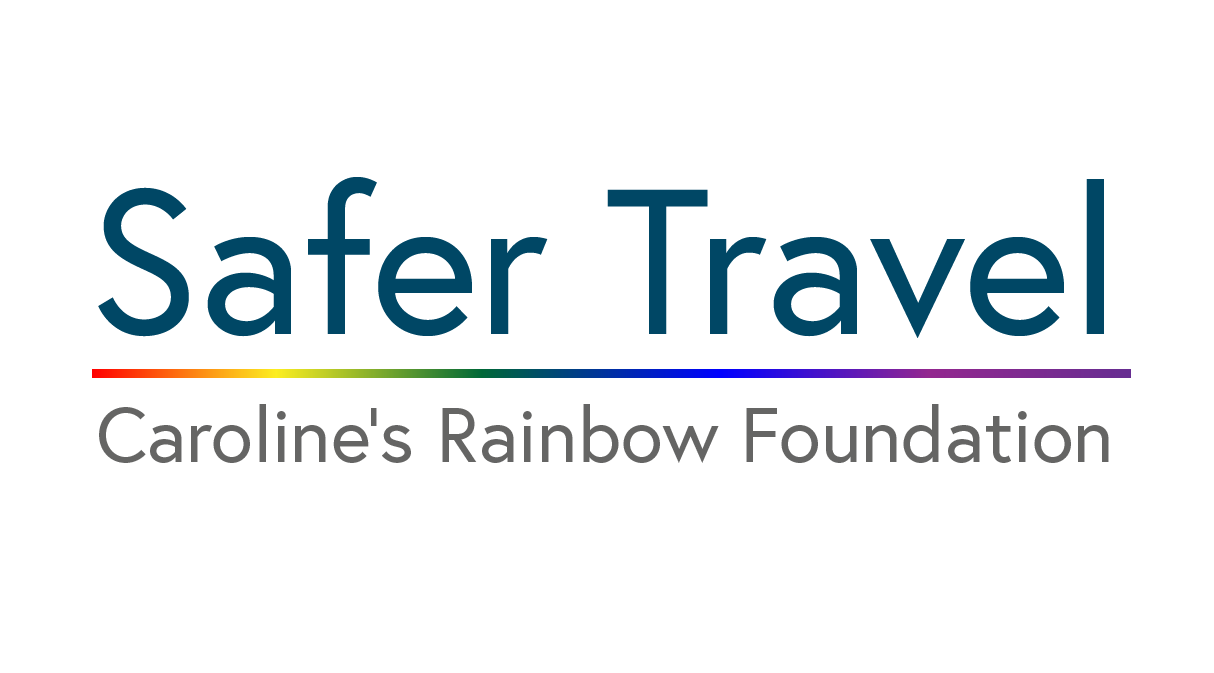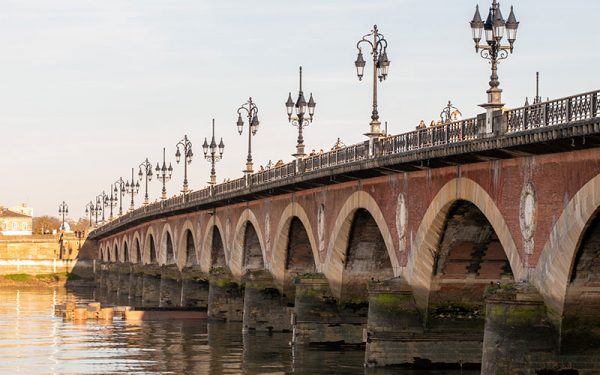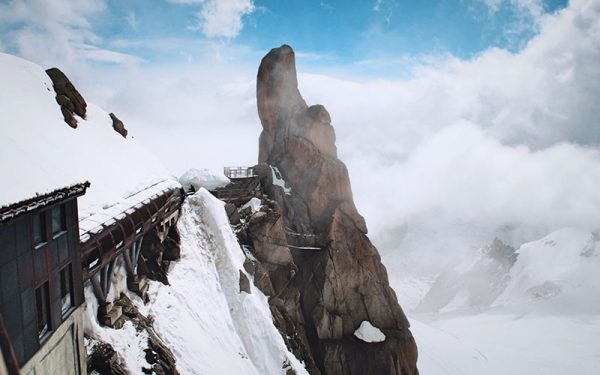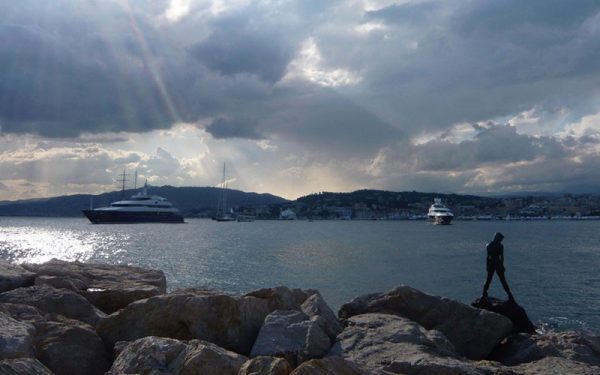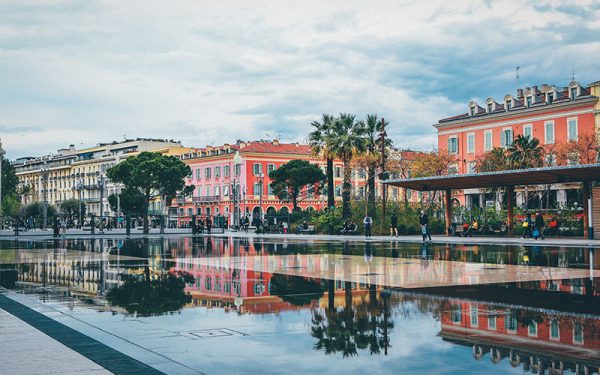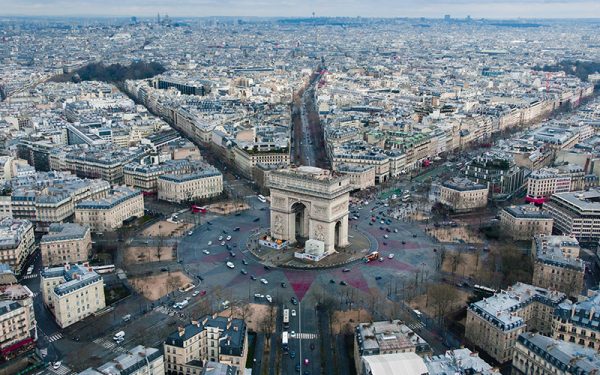Post-pandemic travel advice
Coronavirus has changed the way we view travel. Click here to read the latest safety tips and advice.
Details
Before visiting any country make sure you know the basics. General details and important information.
- Emergency Services: 112
- Language: French
- Currency: Euro
- Capital City: Paris
- Country Code: FR
- Travel Visa: None required
- Population: 65,436,552
- Driving: Right hand side
Risk Level
Researching various official sources, we perceive the risk to holiday makers and travellers are as follows;
Travellers Tips
Top travel advice and interesting tip bits of information from experienced travellers.
France
What are the most common crimes in France?
House theft is a problem in France, when in accommodation keep your door locked and always keep your belongings in a secure location.
Mugging is on the increase throughout France, although it’s still relatively rare in most cities.
Pick pocketing can be an issue in crowded areas, keep your bags closed and secure at all times, when eating in restaurants and cafes outside make sure your bag is securely fastened around a chair or table leg.
What are the top safety tips for France?
If you find that hard or do not understand the dialects at least learn to recognise them when written down. Knowing what the sign is for a bus stop, cafe, phone, police or hostel could be very helpful, particularly when arriving somewhere at night.
Try not to wear highly visible expensive jewellery this could make you a target for opportunists. Be aware when going out on a night out, always travel with someone or take a taxi.
Politics can be a delicate subject in France, when walking around the city try not to wear clothing that makes a specific statement, for example from a political movement and avoid the subject in general conversation.
Hiring a car or driving in France can be a challenging experience, be aware that you have to drive on the right hand side of the road. This can often be harder if you are using a right hand drive car. Speeding can results in on-the-spot fines. Make sure you have enough euros to cover the charges.
What’s the best time to travel to France?
Summer and Autumn are the best seasons for weather, the tourist season runs from May to September.
Spring: 16ºC
Summer: 26ºC
Autumn: 18ºC
Winter: 12ºC
Are there any customs & traditions in the UK?
Introductions
When you’re introduced to a French person, you should say ‘good day, Sir/Madam – bonjour madame/ monsieur and shake hands. Salut (hi or hello) is used only among close friends and young people. When saying goodbye, it’s a formal custom to shake hands again.
Kissing and greeting
It is customary amongst French people to kiss on both cheeks when meeting, a delicate brushing of the cheeks usually the left side first accompanied by a kissing noise.
